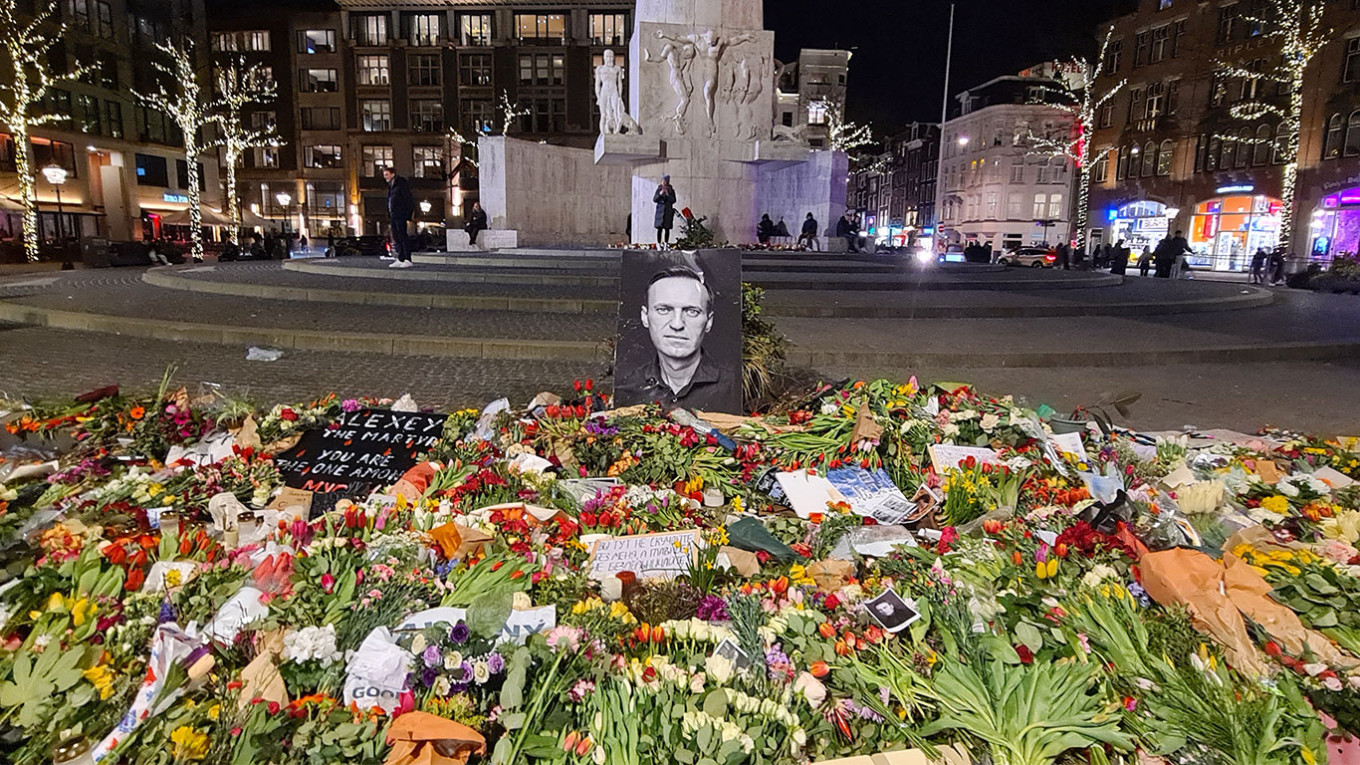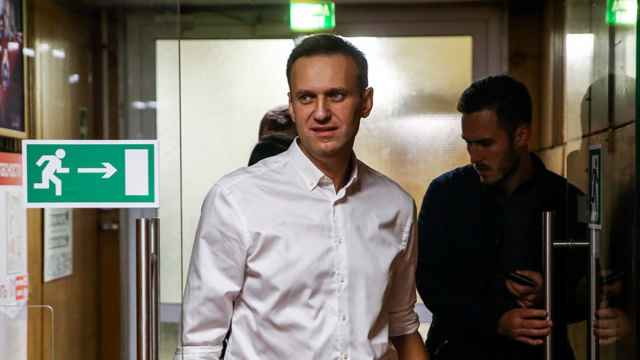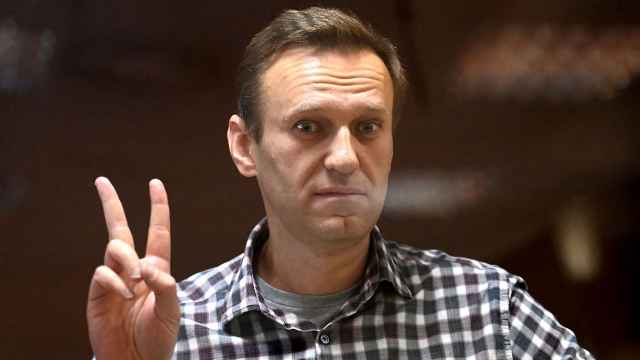More than 40 countries on Monday called for an independent international investigation into the death of Russian opposition activist Alexei Navalny.
EU members, the United States, Britain, Ukraine, Australia, Canada, New Zealand and Norway were among the countries to voice outrage over Navalny's death at the UN Human Rights Council.
Navalny, 47, who died in an Arctic prison colony, was laid to rest in Moscow on Friday, surrounded by large crowds of defiant mourners who chanted his name.
"We are outraged by the death of the Russian opposition politician Alexei Navalny, for which the ultimate responsibility lies with President Putin and the Russian authorities," EU ambassador Lotte Knudsen told the UN rights body on behalf of 43 countries.
"Russia must allow an independent and transparent international investigation into the circumstances of his sudden death," Knudsen added.
"Mr. Navalny's unexpected and shocking death is yet another sign of the accelerating and systematic repression in Russia."
The countries said they were deeply concerned about the "systematic crackdown on civil society" and the repression of political opposition within Russia and abroad.
They called on Russia to immediately and unconditionally release all political prisoners, human rights defenders, journalists and anti-war activists detained for peacefully exercising their human rights and for opposing Russia's war in Ukraine.
"We call on the Russian Federation to end this climate of impunity and create a safe environment for political opposition and critical voices," the statement said.
They also urged Russia to "abolish its oppressive legislation and end political misuse of the judiciary."
The death of President Vladimir Putin's most vocal critic on Feb. 16 came just weeks before the Russian leader is expected to stand for re-election, a race in which he will face no real competition.
A Message from The Moscow Times:
Dear readers,
We are facing unprecedented challenges. Russia's Prosecutor General's Office has designated The Moscow Times as an "undesirable" organization, criminalizing our work and putting our staff at risk of prosecution. This follows our earlier unjust labeling as a "foreign agent."
These actions are direct attempts to silence independent journalism in Russia. The authorities claim our work "discredits the decisions of the Russian leadership." We see things differently: we strive to provide accurate, unbiased reporting on Russia.
We, the journalists of The Moscow Times, refuse to be silenced. But to continue our work, we need your help.
Your support, no matter how small, makes a world of difference. If you can, please support us monthly starting from just $2. It's quick to set up, and every contribution makes a significant impact.
By supporting The Moscow Times, you're defending open, independent journalism in the face of repression. Thank you for standing with us.
Remind me later.






